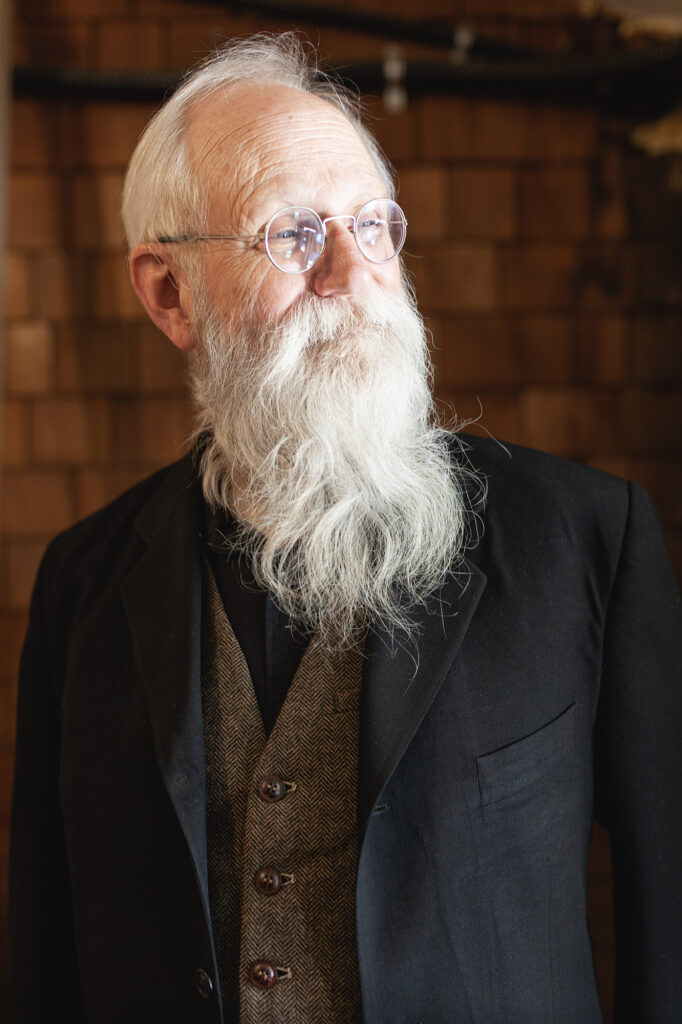This film of the final movement, “Ode to Joy”, of Beethoven’s Symphony no. 9, conducted by Herbert von Karajan, was made in Berlin in 1968. That is one year after I graduated from high school in Vienna Austria. Before 1965, Karajan had been the principle conductor of the Vienna Philharmonic and in the Staatsoper. He had just departed to Berlin when I arrived at school. In the film, you can see soloists, soprano Gundula Janowitz, mezzo soprano Christa Ludwig; tenor Jess Thomas; and bass-baritone Walter Berry. Except for Jess Thomas, I saw these singers perform on several occasions. Karajan’s legacy endured at the Staatsoper, and his favoured soloists performed often in the Musikverein Golden Hall. They did not abandon Vienna as Karajan had done.
At that time in my youth, Karajan was the pope of Beethoven’s symphonies, replacing Arturo Toscanini from a generation before. Toscanini’s Beethoven recordings were generally fast. Karajan’s Beethoven was not so fast, but with more musicians, although strictly disciplined. While watching this film with Karajan conducting, you won’t be blamed for feeling elevated out of your seat. It’s rousing indeed, employing orchestral and choral forces way beyond what Beethoven would ever have envisioned. That’s not correct in an historical perspective. So big, it strikes of megalomania. I knew Austria and Germany in the 1960s when the devastation and humiliation of the war was ever present in people’s memories. Surely Austrians and Germans could be excused for reclaiming the past glory of their culture? And then some.
Schiller’s poem “Ode to Joy” tells us that joy is needed for life and motivation. Joy is heavenly and available to all, and it establishes brotherhood for all mankind. There were some awkward moments in the translations to English in the subtitles. More than that, I reacted against the worshipful focus on Karajan himself, the man, in the film. He strikes a megalomaniac pose, without a doubt.
This is not the way to argue for German culture. Regardless, I listened with rapture because I come from that time and accepted it then. Listening now, I let myself go with it. Then sitting back afterward, I ask myself, would I want this kind of performance to occur again? Such a large orchestra, so many choristers? Dear Brüder, let’s not go there again. Mankind can do better.

